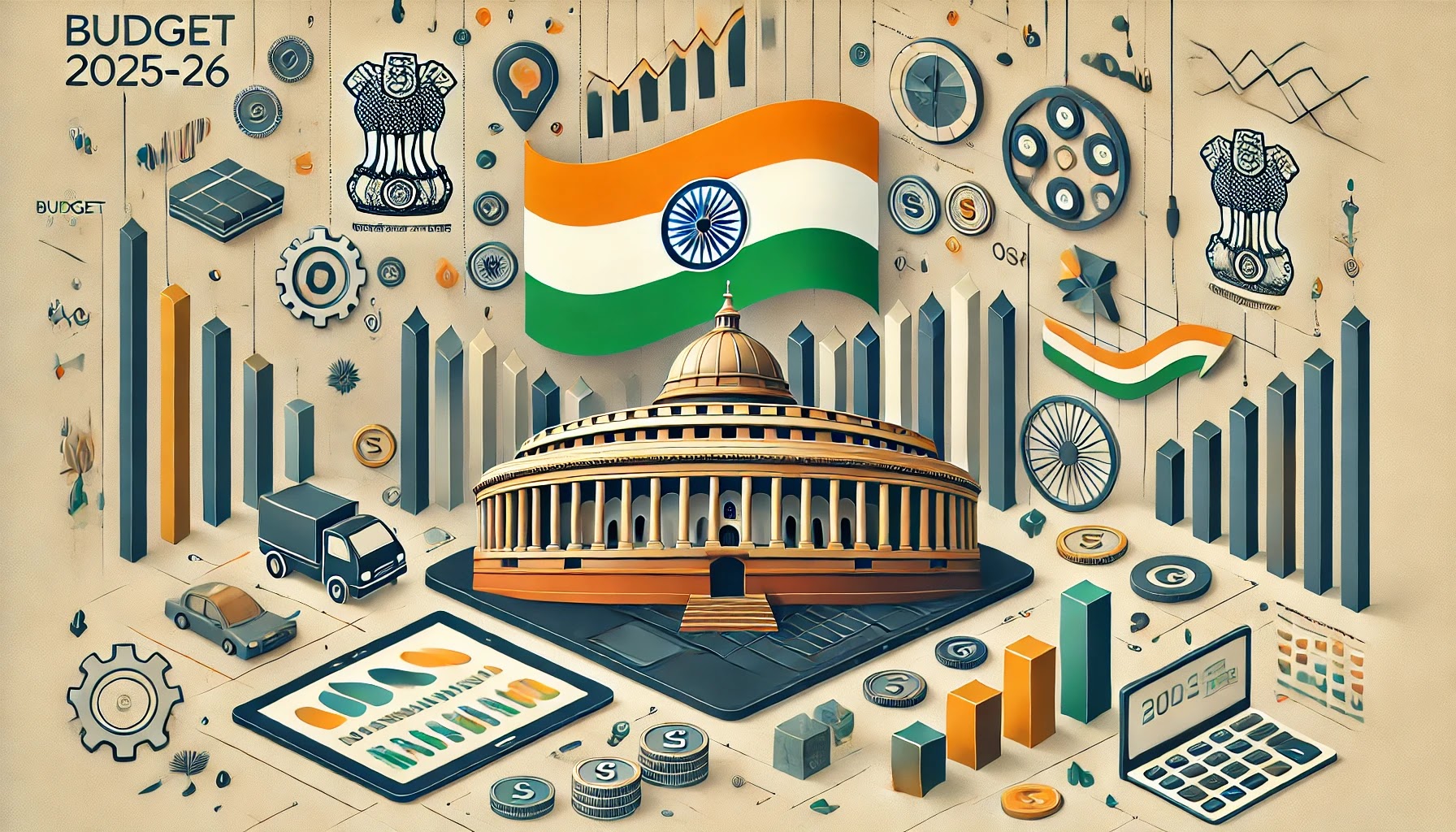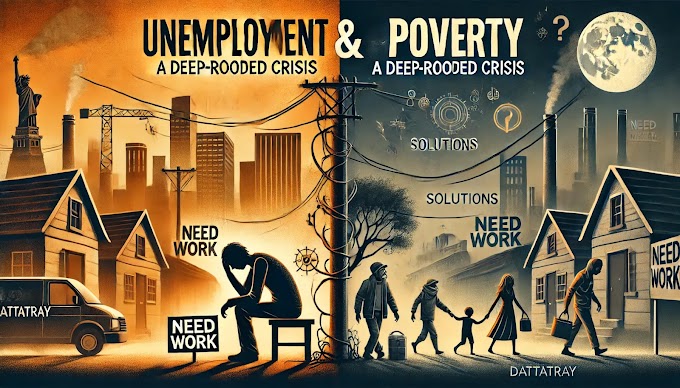The Economic Consequences of Climate Change
Climate change has been a hotly debated topic in recent years, with the scientific community warning of the dire consequences of not addressing it urgently. However, it is not just the environment that is at risk; climate change is also expected to have significant economic impacts that could potentially harm the global economy.
The most visible economic impact of climate change is likely to be the increasing costs of natural disasters. As extreme weather events become more frequent and severe, they will cause damage to infrastructure, property, and businesses, leading to billions of dollars in losses. For example, in 2017, Hurricane Harvey caused an estimated $125 billion in damages, making it the second-most expensive natural disaster in U.S. history. Similarly, the wildfires that ravaged Australia in 2019-2020 caused an estimated $100 billion in damages, including losses in the tourism and agricultural sectors.
Another economic impact of climate change is the loss of productivity due to rising temperatures. Heatwaves and droughts can cause crop failures and reduced yields, leading to food shortages and higher prices. Additionally, extreme heat can cause health problems and increased absenteeism, leading to reduced worker productivity. According to a study by the World Bank, global warming could cause a 5-10% reduction in crop yields by 2050, leading to food price increases of up to 30%.
Furthermore, climate change is also likely to lead to increased migration and displacement, particularly in low-lying areas and regions vulnerable to extreme weather events. This could lead to social and economic upheaval, as well as increased strain on resources and infrastructure in the areas receiving the migrants.
Despite the potential economic consequences of climate change, there are also opportunities for businesses and industries to adapt and innovate. For example, the renewable energy sector is rapidly growing, providing new jobs and investment opportunities. Similarly, there is increasing interest in sustainable agriculture and the development of drought-resistant crops.
In conclusion, climate change is not just an environmental issue; it also poses significant economic risks. The impacts of climate change are already being felt around the world, and urgent action is needed to mitigate its effects. However, there are also opportunities for businesses and industries to adapt and innovate in response to the changing climate. As we move forward, it is essential that we continue to address the economic consequences of climate change while working towards a more sustainable future.
Thanks For Reading ( Have A Great Week :)
. . .
"Until You Make The Unconscious Conscious, It will Direct Your Life and You Will Call It FATE" - Atomic Habits










.png)



.png)


0 Comments